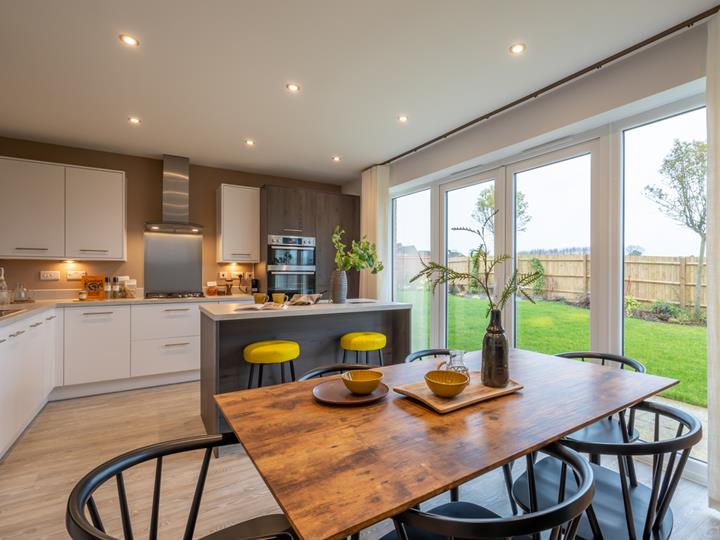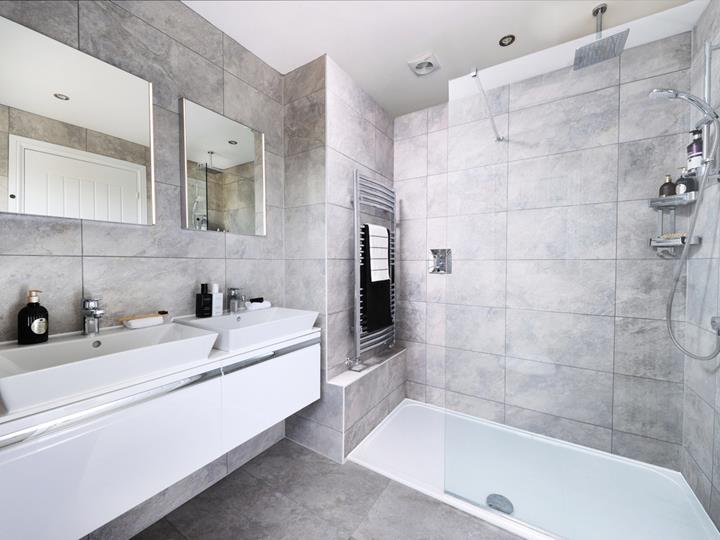
Step Three
From exchange to completion
Our team will keep you up to date every step of the way and will ensure you receive all the information and support you need.
From Exchange to Completion

Step Four
Your guide to moving
Our guide to moving house covers a checklist of everything that you need to do from before the move, until after you have moved in.
Your Guide to Moving

Step One
Finding your new home
All of our homes are in sought after locations and with such a wide range of options you can find the Redrow home that is perfect for you.
Finding your new home




